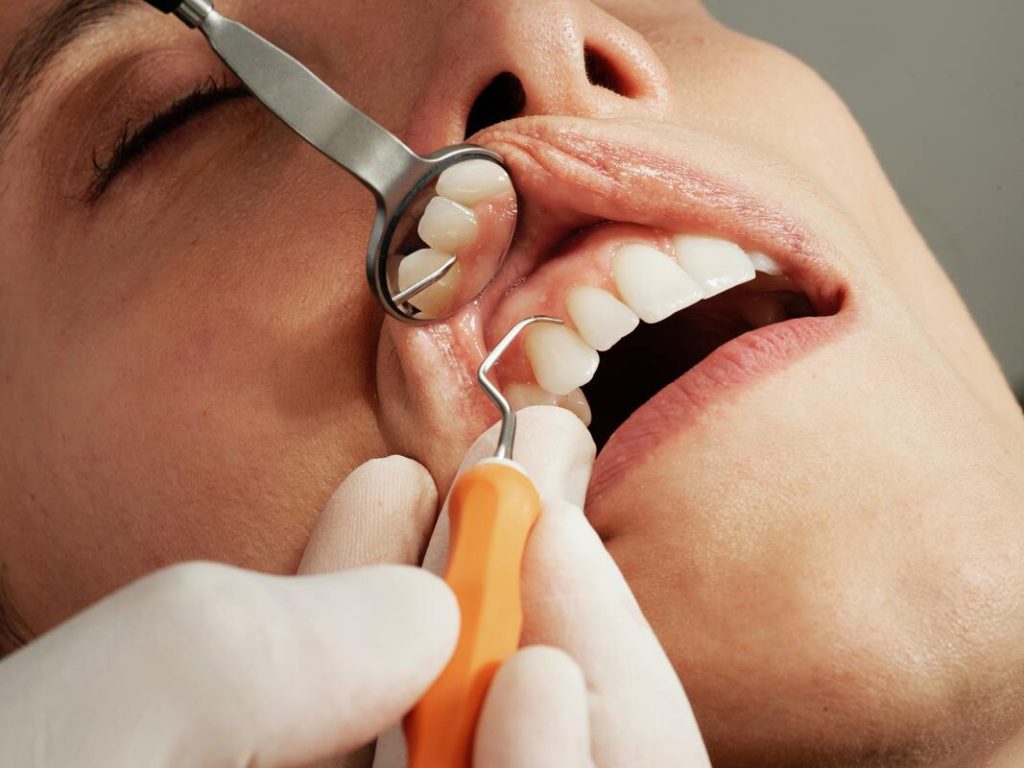Most of our permanent teeth have erupted by the time we are 12 or 13 years old; however, wisdom teeth Gordon do not fully erupt until the body is almost completely developed. In fact, they are usually still growing in our 20s and 30s. It is common to see young adults experience issues with their wisdom teeth, with common warning signs including swollen gums, pain, a sore jaw, a bad taste in your mouth or even overcrowding of your existing teeth. The most common of these symptoms is soreness and pain that may come and go. If the symptoms keep recurring, then it is an indication that the tooth may need to be removed.
A wisdom tooth can do one of several things. It can erupt straight into the mouth without causing any issues if you are lucky, or it may only partially erupt such that a portion of the tooth is visible while the remainder is submerged in the gums and the bone. There are other situations where the tooth becomes impacted and is unable to erupt; this may be because it is wedged at an angle and blocked by the tooth next to it or surrounded by a cyst.

By taking an x-ray of your mouth, your dentist will be able to determine the size and position of the wisdom tooth and decide whether or not it needs to be removed or if it can fit nicely with the rest of your teeth. If you are experiencing discomfort because of your wisdom tooth, then you must visit your dentist and make sure that it is not infected. It is important to look out for signs of tooth decay or gum disease as the wisdom teeth are far back in the mouth, hard to reach and more prone to dental health issues. This means you need a good oral hygiene routine and regular visits to your dentist to make sure that your teeth are free of decay and your gums are free of disease. Your dentist will also be able to remove plaque and tartar and prevent it from building up on the wisdom tooth.
Wisdom teeth extraction
More often than not, wisdom teeth need to be extracted; this is because there is not sufficient room in your mouth for your wisdom teeth. An impacted wisdom tooth occurs because there are more teeth than there is space for in your mouth, and the tooth becomes caught up inside the jaw or erupts at an angle and gets stuck against your molars. This can damage your healthy teeth, and you become more prone to cavities and gum disease. Impacted wisdom teeth are best removed before they interfere with your healthy teeth. If you are experiencing wisdom teeth pain or a dull ache or soreness, then speak to your dentist and find out whether your wisdom teeth need removal or whether there are other ways to relieve your symptoms.
A small percentage of the population does not have wisdom teeth; therefore, if you are unaffected, remember that you are not alone. This could be genetic, and you are one of the lucky ones!
DISCLAIMER
Any surgical or invasive procedure carries risks. Before proceeding, you should seek a second opinion from an appropriately qualified health practitioner.

